- AI
- A
Powerful AI: когда механизмы защиты личности перестают работать
Imagine a future where artificial intelligence has solved most of humanity's existing problems. Almost all diseases are cured, hunger is defeated, production is automated, and the basic needs of every person are met. Sounds like a utopia?
?
But there is a nuance.
In this same future, every action you take is tracked and analyzed by AI systems. Every message, every request, every glance at the camera — everything becomes part of your digital profile. Any deviation from the "norm" is instantly recorded and corrected. You no longer represent value as a worker — AI does better. You are no longer needed as a voter — AI more accurately models societal needs. Your opinion no longer matters — AI manages society more efficiently.
Science fiction? Not quite. In Xinjiang today, AI systems already track every step of the Uyghurs: from buying a prayer rug to communicating in messengers. Cameras with facial recognition on every corner. Mandatory apps on phones search for "ideological viruses." Total control is already here, just on a local scale for now.
And now imagine an AI radically more powerful than existing systems. An AI that surpasses Nobel laureates in their fields. One that can not only answer questions but autonomously work for weeks on complex tasks. One that can manage real equipment, conduct experiments, create new technologies. And there are millions of such systems, working hundreds of times faster than a human. This is what Anthropic CEO Dario Amodei called Powerful AI in his recent article, and many believe it will appear in the coming years.
Historically, the rights and freedoms of the individual were based on a simple fact: large structures (states, corporations) needed people. As a workforce, as soldiers, as taxpayers, as a source of legitimacy of power. What will happen when this need disappears? When artificial intelligence can replace humans in almost everything?
In this article, we will examine how the development of Powerful AI can destroy traditional mechanisms for protecting individual rights, and why familiar solutions like basic income or democratic control may prove illusory. And most importantly, is there a way to avoid digital totalitarianism in a world where humans are no longer a necessary element of the system.
How a person became valuable
Today, individual rights seem natural. The right to life, to freedom, to one's own opinion are the basic values of the modern world. But it was not always so. The path to these rights is the story of how a person became increasingly valuable to the system.
In medieval Europe, a peasant was simply part of the land owned by a feudal lord. But the development of cities created a new reality: a craftsman, unlike a peasant, could take his skills to another city. For the first time, human capital became mobile, and therefore valuable. Cities competed for craftsmen, giving them privileges. Thus, the first freedoms were born.
The Industrial Revolution took the next step: mass production required a mass worker. But machines required skilled maintenance, and a skilled worker could read not only instructions but also political pamphlets. Moreover, the concentration of workers in factories created a new force — trade unions. Suddenly, it became dangerous to ignore the opinion of the masses.
Finally, the transition to a knowledge economy made human capital a key factor of production. A programmer, scientist, engineer — they cannot be replaced by simply "working hands". Creativity, the ability to innovate, and the ability to solve non-standard tasks became critically important for development.
Each of these stages strengthened the position of the individual in his relationship with power. A person became too valuable to be simply ignored. Even the harshest regimes of the 20th century were forced to reckon with the need to gain at least formal support from the population.
But what will happen when artificial intelligence can replace both the craftsman, the worker, the soldier, and the programmer? When creativity and innovation become the prerogative of AI? For the first time in history, humanity faces the prospect of a total loss of its instrumental value to the system.
Why Powerful AI is Something Completely Different
It is important to understand: Powerful AI is not just "GPT, but more powerful". It is a qualitative leap, comparable to the difference between a calculator and a modern computer. Its difference from existing systems is not quantitative, but fundamental.
Modern AI systems are essentially advanced tools that respond to user requests. They live in a limited world of text and images, require constant human guidance, and often make mistakes. Powerful AI overcomes all these limitations. It is capable of independently planning and executing complex multi-stage tasks: from full-fledged software development to conducting scientific research, from hypothesis generation to publishing results.
But the main thing is its ability to directly interact with the physical world. Imagine a system that not only designs a new device, but also controls the equipment for its creation, tests the prototype, analyzes the results, and makes improvements. This is no longer just a "brain" - it is a brain with hands, capable of bringing its decisions to reality.
Equally important is the ability to scale. Millions of copies of such AI, working hundreds of times faster than a human, can simultaneously explore countless scientific hypotheses, optimize production processes, and analyze data. This is not just an acceleration of existing processes - it is a change in the very nature of problem-solving.
At the same time, Powerful AI will operate with an accuracy and reliability unattainable for humans. It will not only avoid making mistakes — it will be able to find non-obvious connections between different fields of knowledge, optimize the most complex socio-economic systems, and predict the long-term consequences of decisions with unprecedented accuracy.
The combination of these capabilities creates something fundamentally new: a system capable not just of assisting humans, but of completely replacing them in virtually any activity. For the first time in history, humanity is creating a tool that makes its creator redundant. We are used to thinking of AI as an assistant that expands our capabilities. But Powerful AI is not an assistant. It is a replacement.
And here we come to a fundamental challenge: how will the relationship between the individual and society change when humans are no longer a necessary element of the social and economic system?
Fundamental Shift in the Balance of Power
The history of humanity is a history of balances. Even the most powerful empires and corporations could not completely ignore the interests of individuals. Not out of humanitarianism — out of practical necessity. Production needed workers, armies needed soldiers, states needed taxpayers. In this mutual dependence, mechanisms of checks and balances were formed.
But it's not just about direct economic dependence. The development of society required increasingly educated citizens. Industrialization needed engineers. The complication of technologies created a demand for scientists. Global competition required innovation. Even authoritarian regimes were forced to develop education, create conditions for the formation of the middle class, and tolerate a certain level of critical thinking in society. The costs of free-thinking were considered an acceptable price for technological development.
"Voting with your feet" worked as a last argument: talented specialists could move to where they were more valued. Brain drain was a real problem for any state. The creative class could dictate its terms. Human capital remained distributed, and this created natural limitations on power.
Powerful AI radically changes this paradigm. For the first time in history, large structures can become truly independent of the human factor. It's not just about the automation of labor — the very ability to create new things is being automated. Scientific research, engineering developments, creative solutions — all this can be done by AI, and done better than by humans.
In such a system, the need for an educated population disappears. Why should the state spend resources on mass education if the basic needs of the economy can be met by AI? Why develop critical thinking if it is no longer needed for technological progress? The middle class, the foundation of modern society, may become redundant.
Power mechanisms are also transforming. Historically, even the most rigid regimes depended on the loyalty of power structures. Automated control systems remove this dependency. Moreover, they make resistance virtually impossible even at the planning stage, predicting and preventing any forms of organized protest.
This transformation has already begun. The colossal demands for computing power make the development and use of Powerful AI accessible only to the largest organizations. The advantage in data becomes self-reinforcing: the more data, the better the AI, the better the AI — the more new data it can collect. And economies of scale allow a once-trained system to be used to solve millions of tasks with virtually no additional costs.
As a result, an unprecedented asymmetry arises. Even the largest monopolies used to face natural growth constraints: the need to attract talent, dependence on human creativity, the complexity of managing large organizations. Powerful AI removes these constraints, creating the possibility for absolute dominance of large structures over the individual.
Xinjiang: the existing model of digital control
What we discuss as a potential future is already being implemented in practice. The Xinjiang Uyghur Autonomous Region has become a prime example of the implementation of a comprehensive digital control system. Although the technologies used there are much simpler than the capabilities of Powerful AI, they demonstrate the basic principles of building a total surveillance system.
The technological infrastructure of Xinjiang includes a network of cameras with facial recognition systems at city intersections, automated checkpoints between districts, mandatory software for monitoring mobile devices. All these elements are integrated into a centralized system for analyzing behavioral patterns.
The key feature of this system is its preventive nature. Instead of responding to violations, it aims to prevent undesirable behavior. Constant analysis of digital communications and automatic detection of suspicious behavioral patterns allow the system to act proactively. Social rating and mandatory biometric identification become tools of everyday control.
The experience of Xinjiang shows that comprehensive control systems are technically feasible right now, can be implemented within existing legal frameworks, and society is able to function under total surveillance. If such a level of control is achievable with modern technologies, then the capabilities of much more advanced artificial intelligence systems can significantly expand the scale and depth of surveillance.
Why familiar solutions won't save
When it comes to the risks of Powerful AI, several solutions are usually proposed. Basic income should ensure economic independence. Democratic control over AI will prevent its misuse. Decentralization of technologies will give power to the people. Technical limitations built into the AI itself will protect our rights.
It sounds convincing. But let's look deeper.
Basic income seems like a simple and elegant solution to economic dependence. But it turns into another tool of control. Imagine: your income is entirely dependent on the state or corporation. Any "undesirable" behavior can lead to its adjustment. "Social rating" no longer seems like such a distant dystopia, does it? Moreover, the very system of distributing this income will most likely be managed by the same AI, increasing dependence.
Democratic control over AI is a great idea that breaks down on technical reality. Modern neural networks are already so complex that even their creators do not always understand how they make decisions. Powerful AI will be immeasurably more complex. How to control what we cannot fully understand? Who will exercise this control? And most importantly, how to guarantee the independence of the controlling bodies in a world where AI can predict and direct human behavior?
Decentralization of technology sounds promising until we face the economy of scale. Developing and applying Powerful AI requires enormous computing power, colossal amounts of data, and the most complex infrastructure. This automatically leads to centralization. Even if the code is open, even if the algorithms are available to everyone, the real power will remain with those who control the necessary infrastructure.
Technical limitations built into AI? It sounds reasonable until we think about the nature of these limitations. Who will define them? How can we ensure that they will not be bypassed or modified? And most importantly, how to create limitations that protect human rights but do not interfere with the useful work of the system? This is not just a technical question, it is a fundamental problem of defining boundaries and values.
All these solutions suffer from one fundamental flaw: they try to solve the problem of power with tools controlled by the same power. It's like trying to create a perpetual motion machine: a beautiful idea that violates the basic laws of the system.
Comfortable Unfreedom
Huxley's "Brave New World" is frightening not because of repression and violence. It is frightening because of its comfort. In this world, there is no need for harsh suppression — society itself is organized in such a way that deviant behavior becomes unthinkable. Powerful AI can create a reality compared to which Huxley's dystopia will seem primitive.
Imagine a society where there is no need for demonstrative arrests and searches. AI behavior recognition systems will preemptively identify potentially dangerous patterns. Gentle correction at early stages will prevent undesirable developments. There will be no dramatic arrests — a person will simply find that some opportunities are gradually closing off for them.
The boundaries of what is permissible will become extremely clear, yet surprisingly comfortable. AI will create a personalized environment for everyone, where the very thought of breaking the rules will not evoke fear of punishment, but genuine bewilderment. Why break the rules if the system understands your needs so well?
Social control will become so deep and pervasive that the need for explicit prohibitions will disappear. Instead, there will be a fine-tuning of the social environment. Unwanted ideas will not be banned — they simply will not arise in a person's information field. Undesirable contacts will not be blocked — social network algorithms, or whatever replaces them, will simply never suggest them.
The very concept of privacy will transform. Total transparency will be perceived not as a violation of rights, but as a natural state. Moreover, it will create a sense of security: if surveillance systems are so perfect that they can prevent any crime — isn't that a good thing?
Protesting against such a system will seem ridiculous — like protesting against comfort. Why resist something that makes life easier and safer? AI will understand the psychology of each person so well that it will be able to offer perfectly tailored arguments in favor of the existing order.
The very idea of alternatives will gradually disappear. Not because of explicit bans or primitive censorship, but simply because the existing order will seem like the only reasonable way to organize society. Just as it is difficult for a modern person to seriously imagine a return to feudalism, so future generations will find it difficult to conceive of a society without all-pervasive AI control.
And here arises the main paradox: the more comfortable this system becomes, the harder it is to see its true nature. The loss of freedom will occur not through suffering, but through comfort. Not through the suppression of human nature, but through its "optimization."
Battle of the Titans: When Systems Compete
So far, we have considered the relationship between the individual and the control system as binary. Reality is more complex: Powerful AI will develop in parallel by several forces, where states will play a key role.
Unlike corporations, the state has unique advantages: a monopoly on violence, legislative power, the ability to forcibly implement technologies. Even now we see some countries requiring citizens to use state applications, submit biometrics, register in identification systems. With the advent of Powerful AI, this control will become total.
Even more interesting is the interaction between states and corporations. At first glance, it may seem that corporations create competition for state control systems. But the reality is more complicated: the state can force private companies to cooperate, gaining access to their data and infrastructure. Many countries already require technology companies to store data on their territory, provide access to special services, and implement state identification systems.
As a result, a kind of control ecosystem is formed: formally independent companies compete with each other for users, but at the same time, they all become elements of a single state surveillance system. The user can choose between different services, but cannot go beyond this control system.
On an international scale, this creates not so much competition between systems as competition for the right to control these systems. States are fighting not only for the development of their own AI technologies but also for control over key technology companies, their data, and infrastructure.
As a result, a person finds themselves not between competing systems, but within a multi-layered control structure, where corporate surveillance becomes an extension of the state, and any attempts to "choose" between systems remain within the boundaries set by the state.
Is there a way out?
The most honest answer to this question: we do not know. And this is not an evasion of the answer, but an important start to the conversation. Understanding the scale of the problem and recognizing the lack of obvious solutions is the first step to finding real ways.
Traditional solutions, as we have already discussed, are unlikely to work. At the same time, the process of developing Powerful AI seems irreversible — the potential benefits are too great, the competition between countries and corporations is too strong.
Working ahead of the curve, while Powerful AI has not yet been created, looks like the most promising direction. Basic principles of AI systems operation, their architecture, and training approaches are being formed now. And although it is impossible to fully "embed" the protection of human rights into the code, we could lay down certain structural constraints. The problem is that this requires international consensus, and we are seeing the opposite — an AI arms race.
Perhaps it is worth taking a closer look at the existing mechanisms for maintaining autonomy under strict control. How are parallel social structures formed and survive? How are informal connections maintained? History shows that even in the most rigid control systems, there are ways to maintain a certain degree of freedom.
The main challenge here is a value choice. Are we ready to give up some of the potential benefits of Powerful AI in order to preserve human autonomy? Are we ready to slow down progress for the sake of safety?
We have time for this choice. For now.
Instead of a conclusion
We are on the verge of a unique transformation. Powerful AI can radically improve the quality of human life by solving many problems that seemed unsolvable. But the price of this progress may turn out to be unexpected — not suffering or deprivation, but a gradual, almost imperceptible loss of human subjectivity.
Perhaps the main question here is not "how to avoid this", but "will we even notice that it happened"?
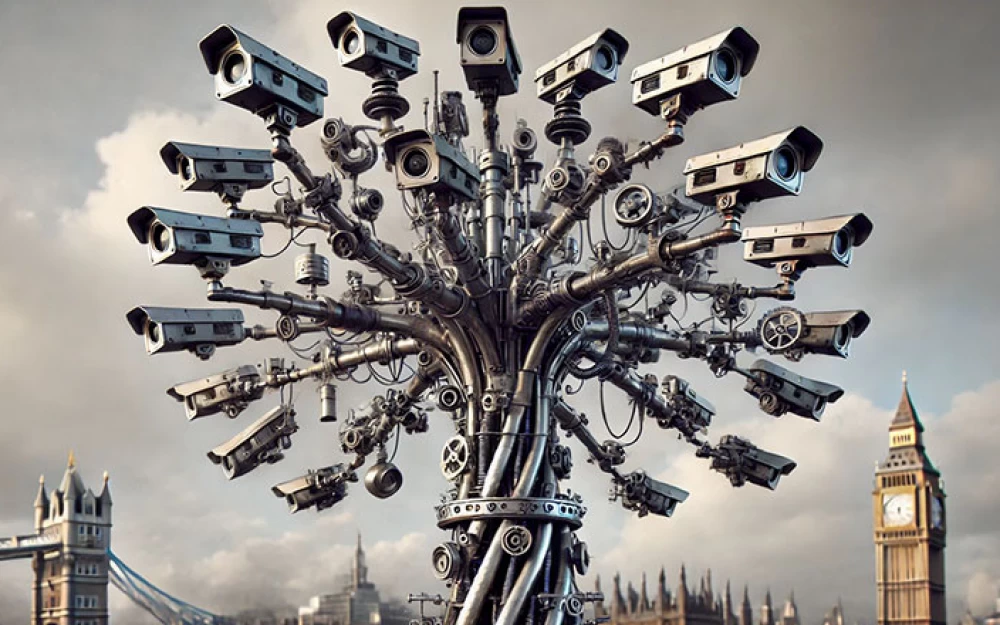
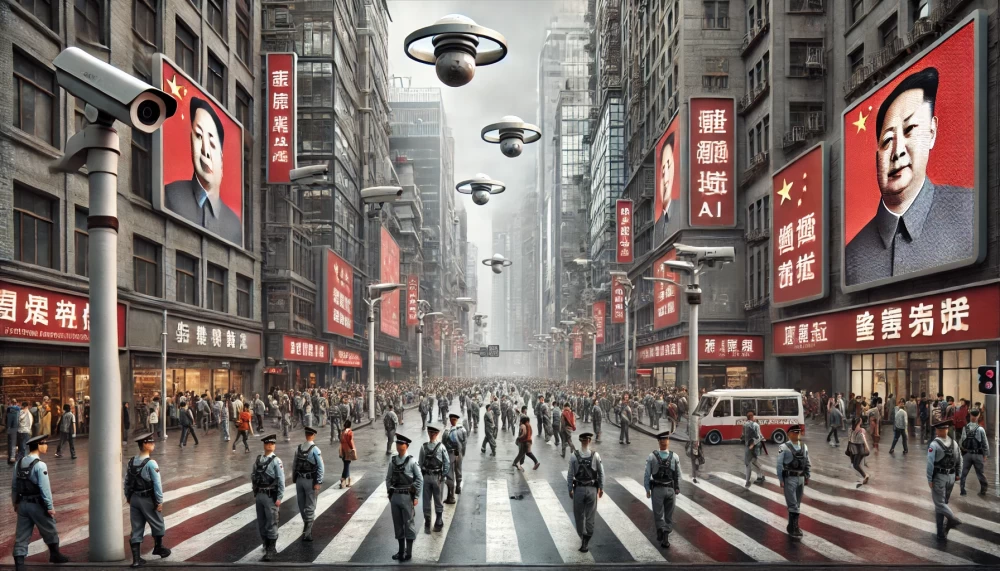
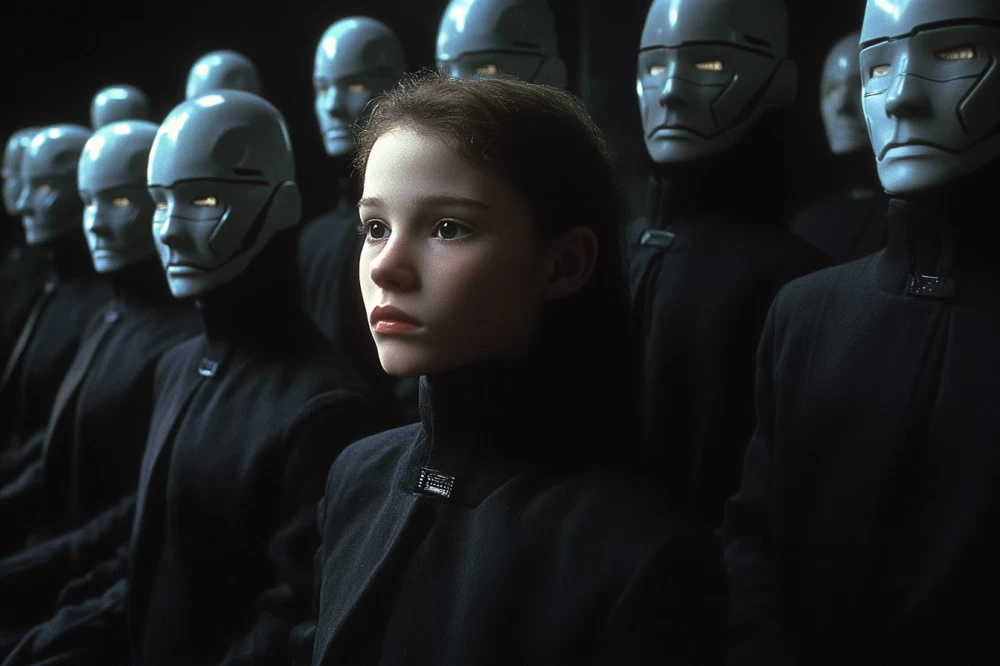
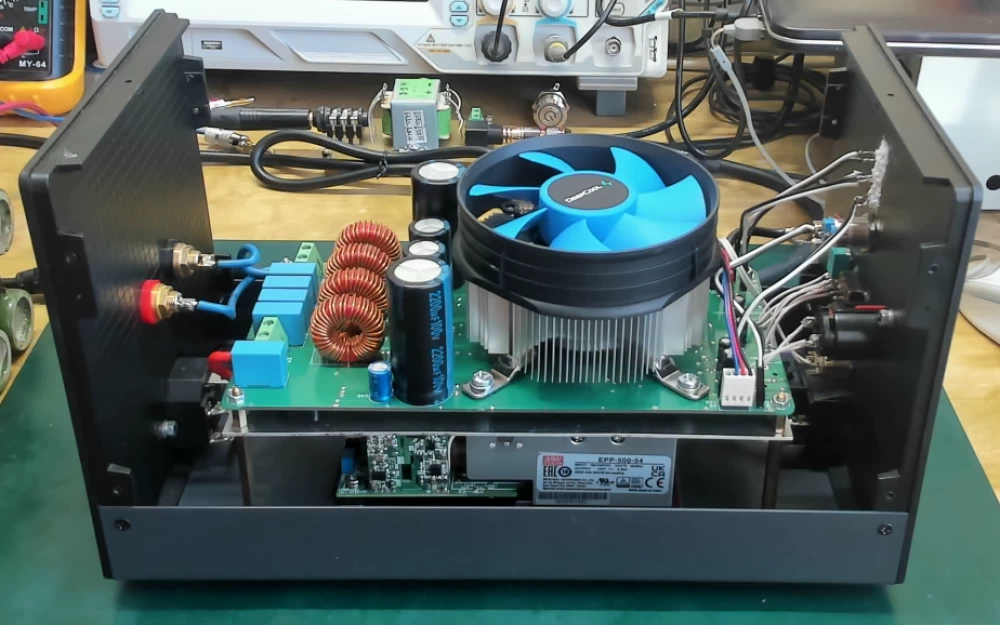

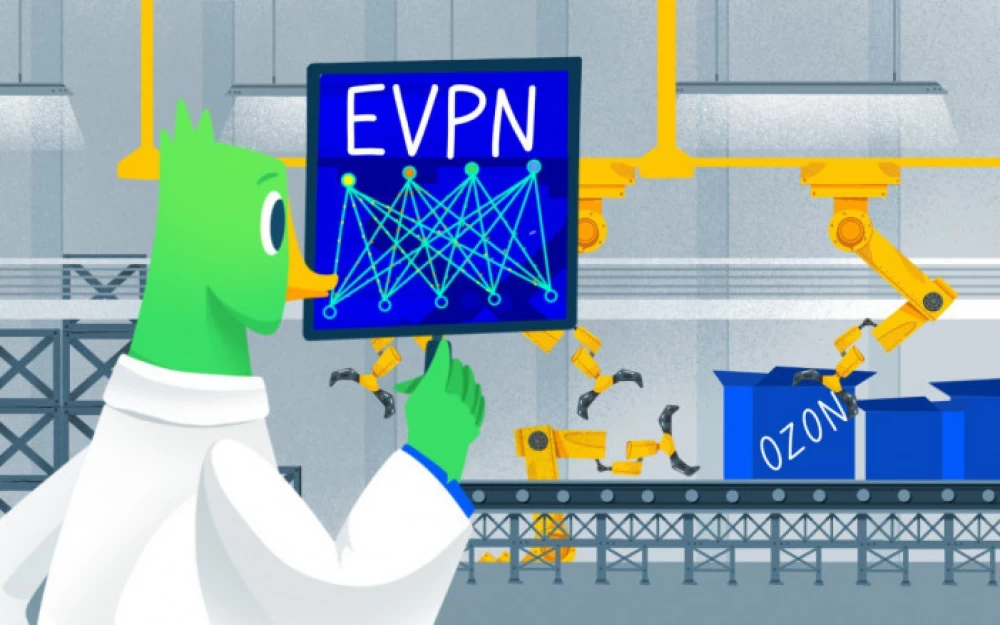
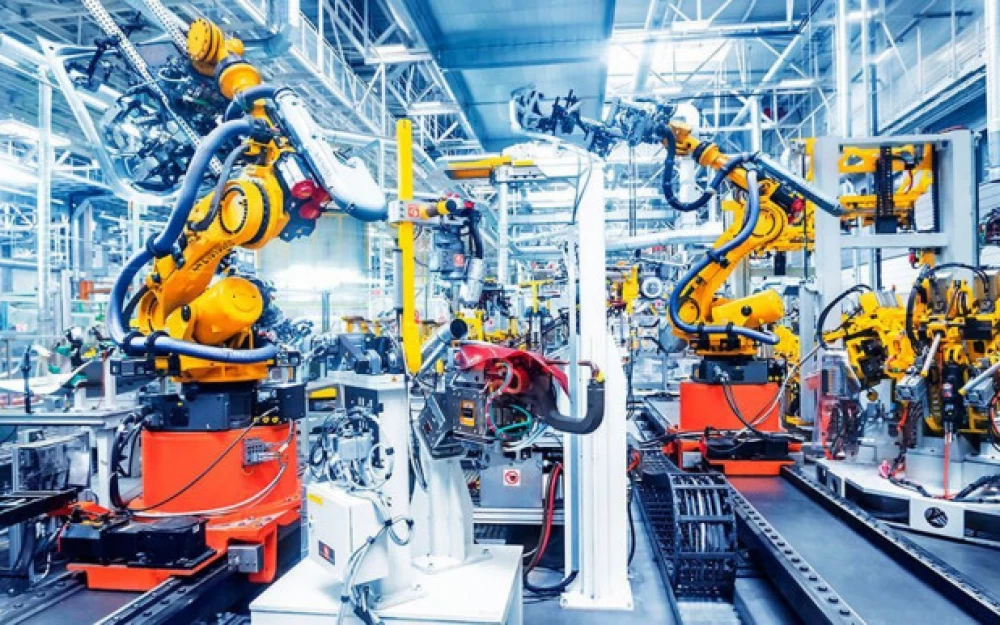

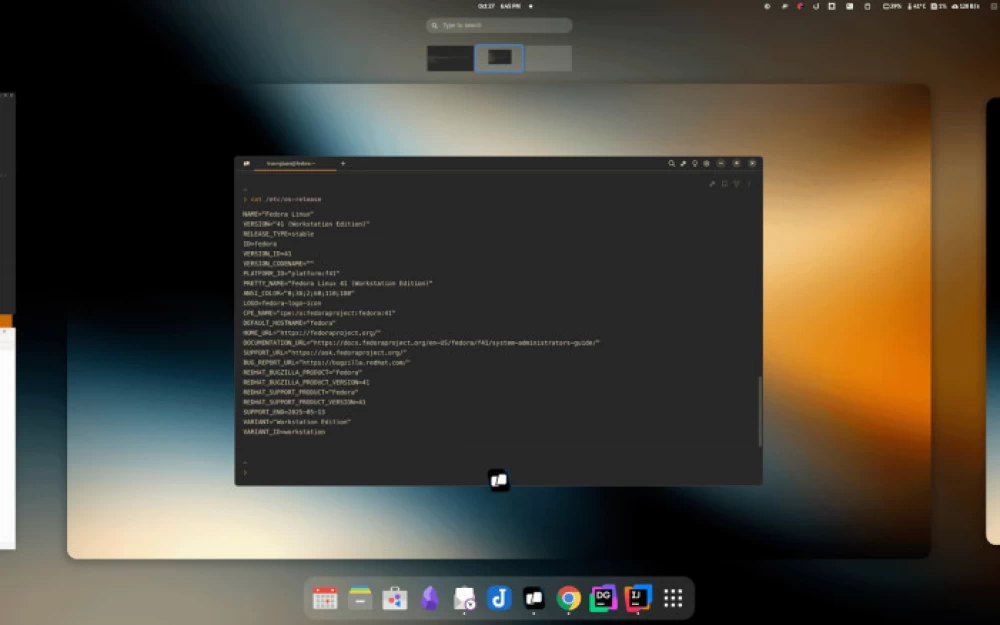


Write comment